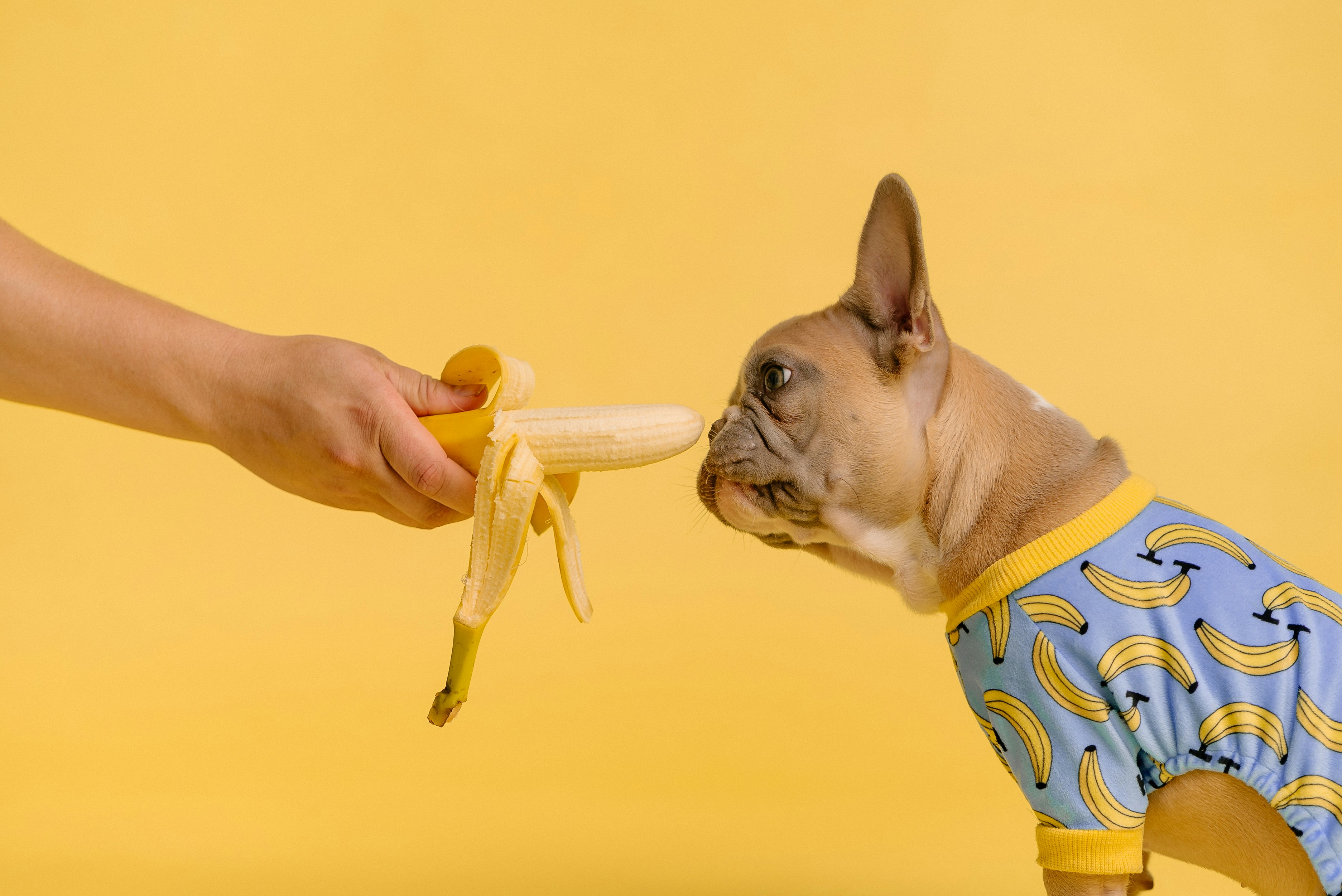What are the Risks and Benefits of Vegan Diets for Pets ?
As more people adopt vegan lifestyles, the question arises: can our pets follow suit? Read below to explore the benefits and risks of vegan diets for pets, and how to ensure their nutritional needs are met.

The Rise of Veganism in Pets
In recent years, veganism has gained popularity among humans due to its potential health benefits and environmental impact. This trend has extended to pet food, with a growing number of pet owners considering vegan diets for their furry friends. While some pets thrive on plant-based diets, others may struggle to get the nutrients they need. It’s crucial to understand the benefits and risks before making this significant dietary change.
Nutritional Requirements of Pets
Cats and dogs have different nutritional needs. Cats are obligate carnivores, meaning they require certain nutrients found only in animal products. Dogs, on the other hand, are omnivores and can survive on a plant-based diet, but they still need a balanced and complete diet to thrive. A vegan diet can potentially lack essential nutrients like protein, taurine, and vitamin B12, which are crucial for your pet’s health.
Benefits of a Vegan Diet for Pets
A vegan diet for pets can have several benefits. It can lead to weight loss in overweight pets, improve coat condition, and reduce allergies and digestive problems. Moreover, it aligns with the ethical beliefs of vegan pet owners and reduces the environmental impact of pet food production.
Risks Associated with a Vegan Diet for Pets
Despite the potential benefits, a vegan diet can pose risks to your pet’s health. Nutrient deficiencies can lead to serious health problems, including heart disease in dogs and vision and heart problems in cats. Moreover, vegan diets can be high in carbohydrates, which can lead to obesity and other health issues.
Consulting with a Veterinarian
Before switching your pet to a vegan diet, it’s essential to consult with a veterinarian. They can provide guidance on the best diet for your pet’s age, breed, and health condition. If you decide to proceed with a vegan diet, they can recommend supplements to ensure your pet gets all the necessary nutrients.
Useful Tips and Facts:
- Always consult with a veterinarian before making significant changes to your pet’s diet.
- Monitor your pet’s health closely after switching to a vegan diet. Look out for signs of nutrient deficiencies, such as lethargy, poor coat condition, and weight loss.
- Consider using commercially prepared vegan pet foods, as they are often fortified with the necessary nutrients.
- Regular blood tests can help monitor your pet’s health and ensure they are getting the nutrients they need.
In conclusion, while a vegan diet can have benefits for pets, it also carries potential risks. It’s essential to consult with a veterinarian and monitor your pet’s health closely. With careful planning and supervision, it’s possible to provide a balanced and nutritious vegan diet for your pet. Remember, every pet is unique, and what works for one may not work for another. Always prioritize your pet’s health and wellbeing above all else.






